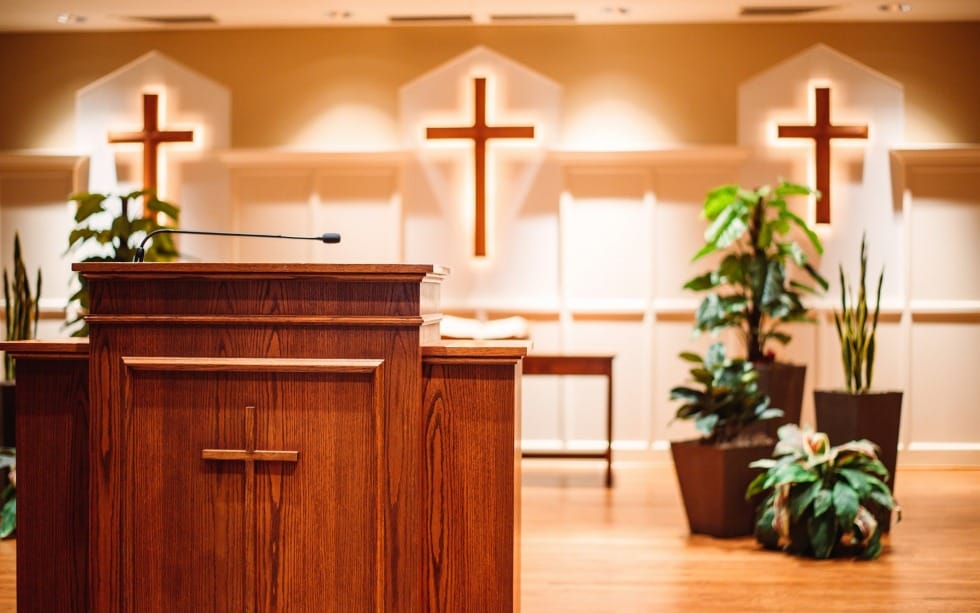Why Do So Many Pastors and Church Leaders Quit? (1 Corinthians 9-10)
One of the reasons many pastors and Christian leaders fizzled out is that they worked from a motivation that was unsustainable.

1 Corinthians 9-10
Today's Scripture Passage
A Few Thoughts to Consider
Have you ever paused and evaluated why you share the gospel with others?
In 1 Corinthians 9:1, Paul asks, “Am I not free? Am I not an apostle? Have I not seen Jesus our Lord? Are you not my work in the Lord?” N.T. Wright points out that Cicero, a century before Paul, was among Rome's greatest thinkers and statesmen—a sophisticated philosopher, brilliant lawyer, politician, and above all, a passionate believer in Rome's glory.
Cicero argued that Rome was naturally free, unlike other cities and nations he deemed naturally enslaved. Thus, when Rome conquered them, it was sharing the gift of freedom through its fine republican government and free citizenry. Ironically, a political rival managed to exile him, and in his absence, had his house destroyed and a statue of the goddess Liberty erected in its place.
Although Cicero returned from exile, he was executed during the civic purges following Julius Caesar's death, having been considered too dangerous for the emerging regime due to his potential criticisms. The new rulers, having eliminated him and others, swiftly declared that “freedom” had been restored—a claim every regime makes to its subjects, especially when it is, in fact, enslaving them. Wright adds,
As well as their ‘rights’, the Corinthian teachers prided themselves on their ‘freedom’. This had several aspects. They were ‘free’ because Corinth, as a Roman colony, had freedoms and rights that other cities didn’t. They were ‘free’ because, in the popular philosophies of the day, people who had true knowledge and wisdom (as they thought they had) had discovered true human freedom. And now they were ‘free’ because, as Christians, those who had previously been ‘under’ the Jewish law were now free from it, and all of them were now free from the corruption of the world as a whole. So now they could do what they liked. Or could they?[1]
Paul says in verses 16-18, 16 “For if I preach the gospel, I have no reason to boast, because I am compelled to preach—and woe to me if I do not preach the gospel! 17 For if I do this willingly, I have a reward, but if unwillingly, I am entrusted with a commission. 18 What then is my reward? To preach the gospel and offer it free of charge and not make full use of my rights in the gospel.”
Gordon Fee writes, “To preach the gospel of Christ is not something he chose to do, which is quite the point of what he says next (v. 17); it is something he must do.”[2] It was a natural response to what Christ had done in his life. Paul adds in verses 19-23,
19 Although I am free from all and not anyone’s slave, I have made myself a slave to everyone, in order to win more people. 20 To the Jews I became like a Jew, to win Jews; to those under the law, like one under the law—though I myself am not under the law—to win those under the law. 21 To those who are without the law, like one without the law—though I am not without God’s law but under the law of Christ—to win those without the law. 22 To the weak I became weak, in order to win the weak. I have become all things to all people, so that I may by every possible means save some. 23 Now I do all this because of the gospel, so that I may share in the blessings.
Not only does Paul preach the gospel free of charge, but he renounces his human rights. “’Freedom’ is not his goal; the salvation of others is.”[3] As Marion Soards put it, “Paul’s reward is that he takes no reward! Paul preached because he was commissioned to do so, and by not taking his due he gave up his own rights as an offering to God. Paul made an offering of his preaching to God, and in so doing he demonstrated his freedom (9:1) by providing his services freely to the church.”[4]





